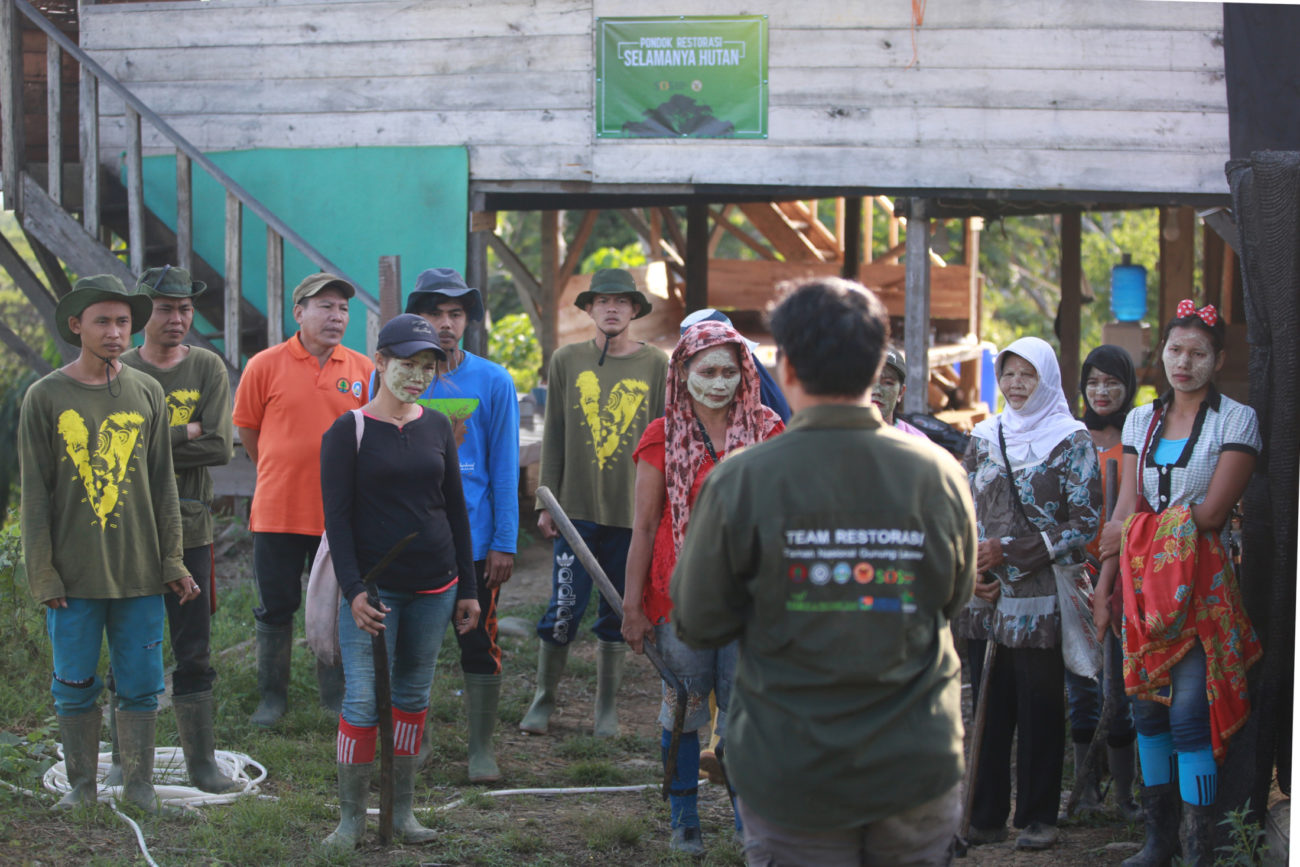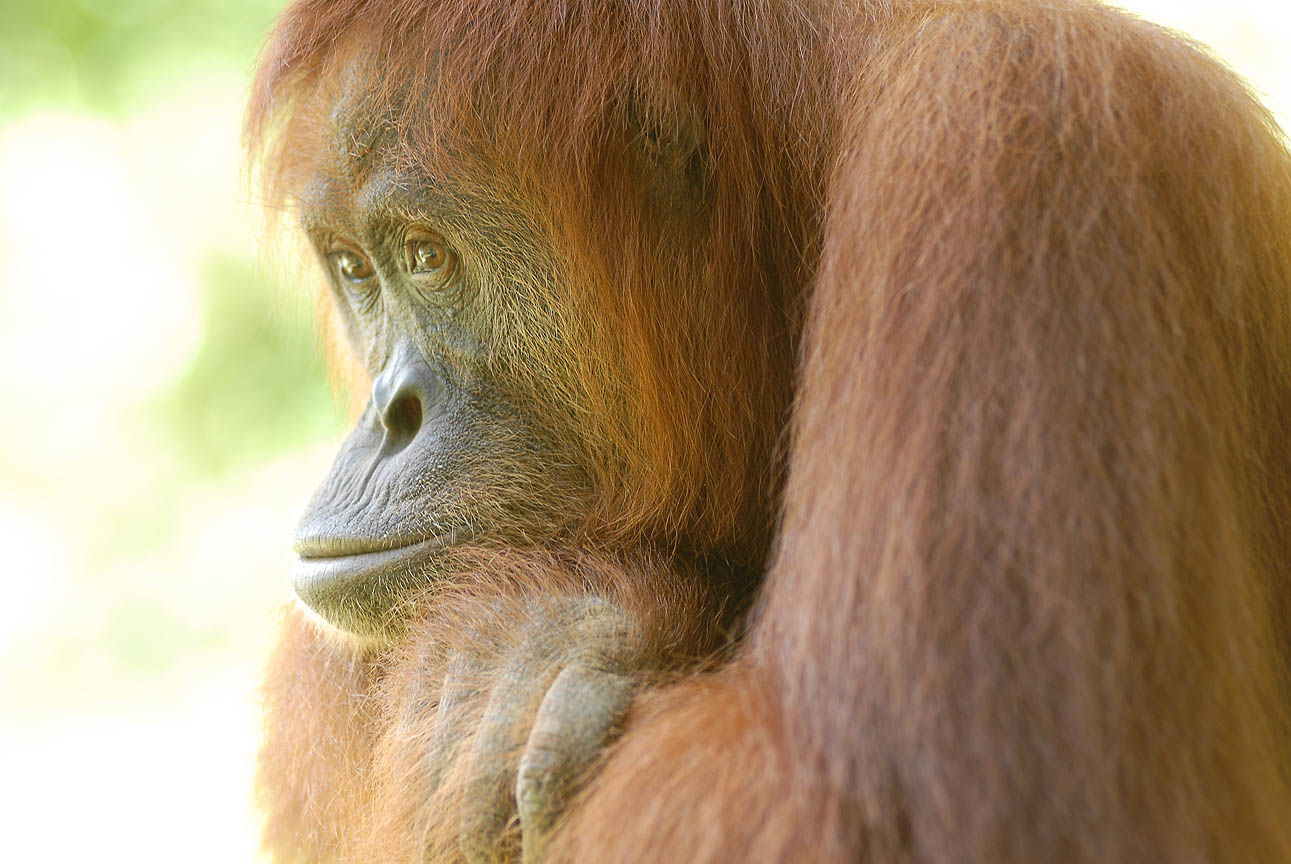At SOS, we are dedicated to ensuring that orangutans can thrive in the wild far into the future. ‘Orangutan’ is in our name, and our website and social media is filled with beautiful photos of this instantly recognisable and very popular animal. But conservation is about people, not just about animals and their habitats.
Conservation models led by Western individuals and organisations have a troubled history of excluding Indigenous and local people – using fines and fences to keep humans away from nature, when, in reality, the two are inextricably intertwined. Even in the 21st century, many Indigenous groups are still fighting to have their knowledge and perspective heard and respected, even as the climate crisis continues to worsen and to affect them disproportionately.
We have always included communities in our work, and we are increasing the research and funding we put into ensuring that our projects are truly inclusive of local people. We know that long-term, our aim of seeing wild orangutans thrive way beyond our lifetime will be impossible to achieve without dedicating ourselves to inclusive, equitable conservation practices.
Orangutans and people overlap
Almost all orangutan habitat overlaps with community lands that have been cultivated and managed for centuries, if not millennia. Involving local people in protecting orangutans is essential for social justice, and also makes conservation more effective – local and Indigenous people are custodians of the landscapes they live in and are highly effective conservationists.
People living in rural areas around orangutan habitat are often marginalised and disadvantaged, meaning they have to prioritise their own livelihoods and survival, and this can come into conflict with conservation. It is therefore vital that we and our partners create conditions in which local communities benefit from conservation and are not struggling to maintain their own lives and livelihoods. In short, the wellbeing and prosperity of the people of Sumatra are inextricably linked to the fate of the forests, so we cannot save one at the expense of the other.
One way that we can support local communities is by supporting farmers to increase the profitability of their land so they don’t need to expand agricultural fields into the forest. We do this by setting up collaborative initiatives to diversify livelihoods, improve crop productivity, establish agroforestry systems and sustainably harvest forest products. Another important element is helping communities to gain or regain their land rights in forested areas, as loss of land rights is often the main issue underpinning a lot of communities’ problems.
By sharing our inclusive conservation work with our supporters, we can also be part of the global movement towards a fair and decolonised conservation. Thank you for reading this and for being a part of that work.
More resources on inclusive conservation
https://www.survivalinternational.org/conservation
https://news.mongabay.com/series/indigenous-peoples-and-conservation/
https://www.intersectionalenvironmentalist.com/

